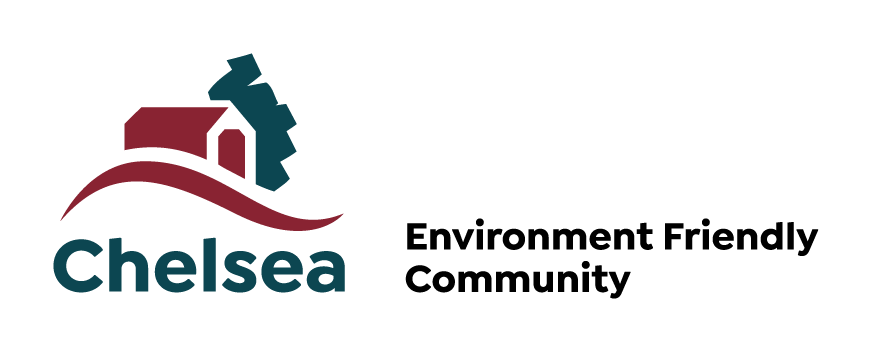Snow removal operations
Snow removal operations are initiated when 5 cm of snow or more has accumulated on the ground or when the road surface is slippery.
In winter, an employee travels the Municipality’s roads every morning to ensure that they are safe and to plan snow removal or icebreaking operations.
Operations are carried out 24 hours a day, 7 days a week, as required.
Priority is given to:
- Main collector roads (e.g., Route 105, Scott Road, Mine Road)
- Neighborhood collector roads (e.g., Kingsmere Road, Meech Lake Road)
- Local roads
Priority is given to school bus routes, coastlines and intersections, regardless of whether they include a main or collector road.
Winter ecoroads
On February 1, the Municipality will launch a winter ecoroad pilot project. The project will be implemented in the following neighbourhoods:
- Hendrick Farm
- Meredith
- Chelsea Creek
What is a winter ecoroad?
On winter ecoroads, snow is primarily removed by scraping in order to keep the use of salt and abrasives to a minimum. Several cities in Quebec have already adopted the approach as a way of protecting the environment. Road salts are particularly harmful to sources of drinking water and vulnerable areas such as wetlands.
Criteria
Ecoroads must meet several criteria and are evaluated based on the route, traffic type, and speed limit, among others. The neighbourhoods involved in the pilot project were selected because their roads met all the safety criteria.
Exceptions
For safety reasons, salt and abrasives will be used when road conditions are deemed hazardous, such as when there is freezing rain.
Only secondary roads will become ecoroads. The following collection roads are excluded from the pilot project:
- Chemin Cecil
- Chemin Ladyfield
- Chemin Jean-Paul Lemieux
To learn more about winter ecoroads, click here.
We rely on your collaboration
During the winter season, your cooperation is essential to our snow removal operations.
- When clearing snow from your driveway, it is prohibited to dump, deposit or throw snow or ice onto the public road, under penalty of a fine, as stipulated in the peace and good order regulations.
- During a snowstorm, do not park your vehicles on the side of the road.
- It is prohibited to park on public roads between midnight and 7 a.m. between November 15 and April 1 inclusively.
- Remember to place your bins in your driveway and not on the street, where they could interfere with snow removal operations.
- Avoid building snow castles, tunnels or forts near the roads.
Icebreaking and abrasive spreading
As of 2019, abrasive spreading is only completed on curves, intersections and slopes, over a distance of 30 m before and after curves and slopes, and over a distance of 30 m before intersections.
During periods of intense ice storms, and as required to ensure the safety of road users, abrasive spraying is completed along the full width and length of the roads.
Materials used
Main roads: salt and sand over the full width of the road.
Secondary roads: crushed stones or sand.
Blowing snow to the side
It is out of concern for the environment and in order to improve the efficiency of operations throughout the territory that snow is blown to the sides wherever possible. Snow blowing to the sides is much faster and more ecological than blowing it into trucks. It allows, among other things:
- use the cleared streets sooner and more safely
- save on gas because fewer heavy vehicles are being used, and fewer greenhouse gas emissions
- protect our roads
- avoid expanding our existing snow dumps or adding new ones
Once the snow has been cleared, the streets will be widened with a grader, which will increase visibility and ensure safer driving conditions.
It should be noted that any municipality may throw snow that covers a public road onto adjacent private property (Loi sur les compétences municipales, chapitre C-47-1, article 69)
During the operation
Temporary no parking signs will be posted 24 hours prior to the start of the snow blowing operation and will be removed once the operation is complete. We ask that citizens pay attention to the signs to ensure that they do not interfere with the operations. Owners of vehicles parked in the prohibited zone could receive a ticket and their vehicle could be towed.
Information
Public Works and Infrastructure Department
This page was last updated on October 1, 2025

